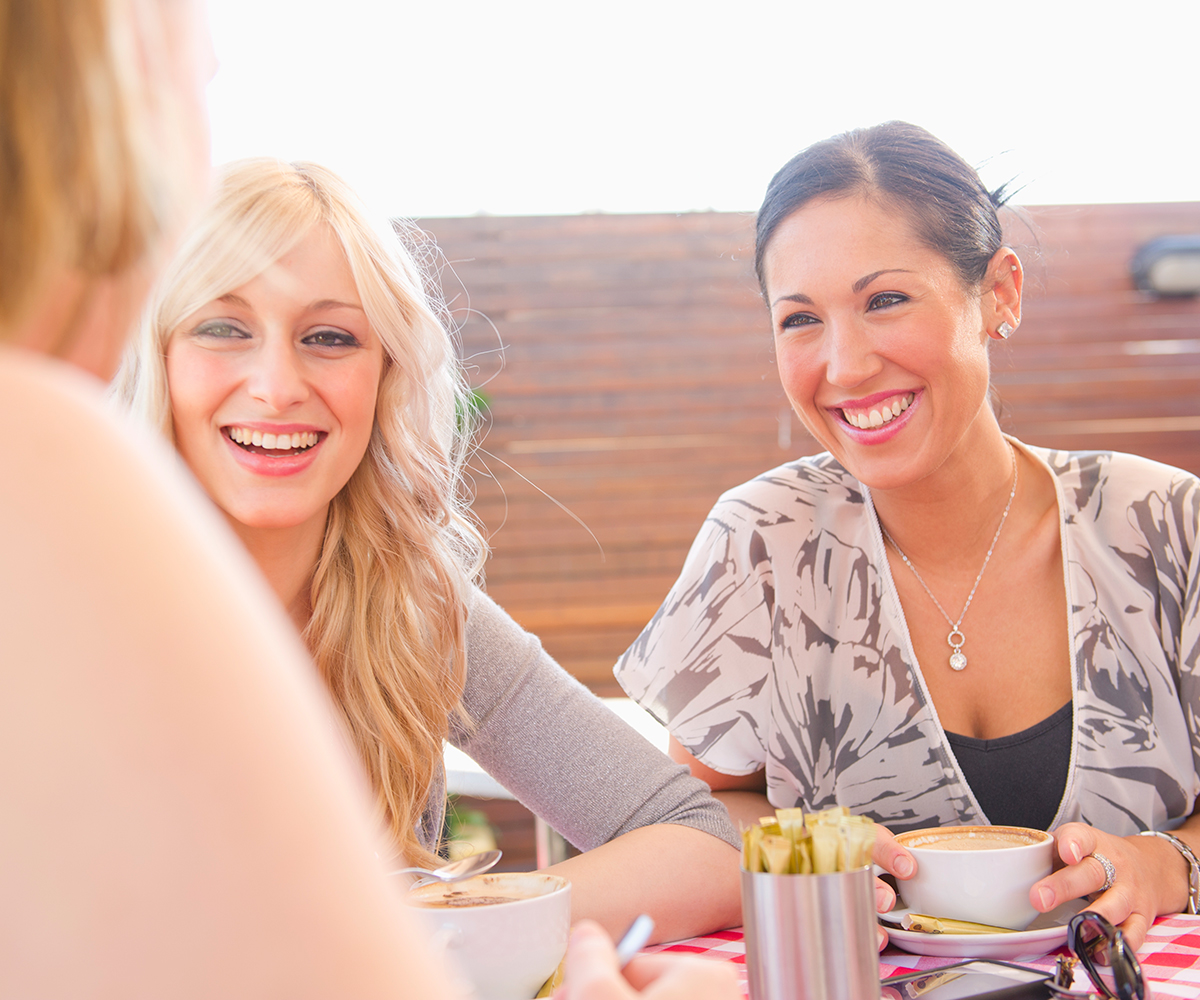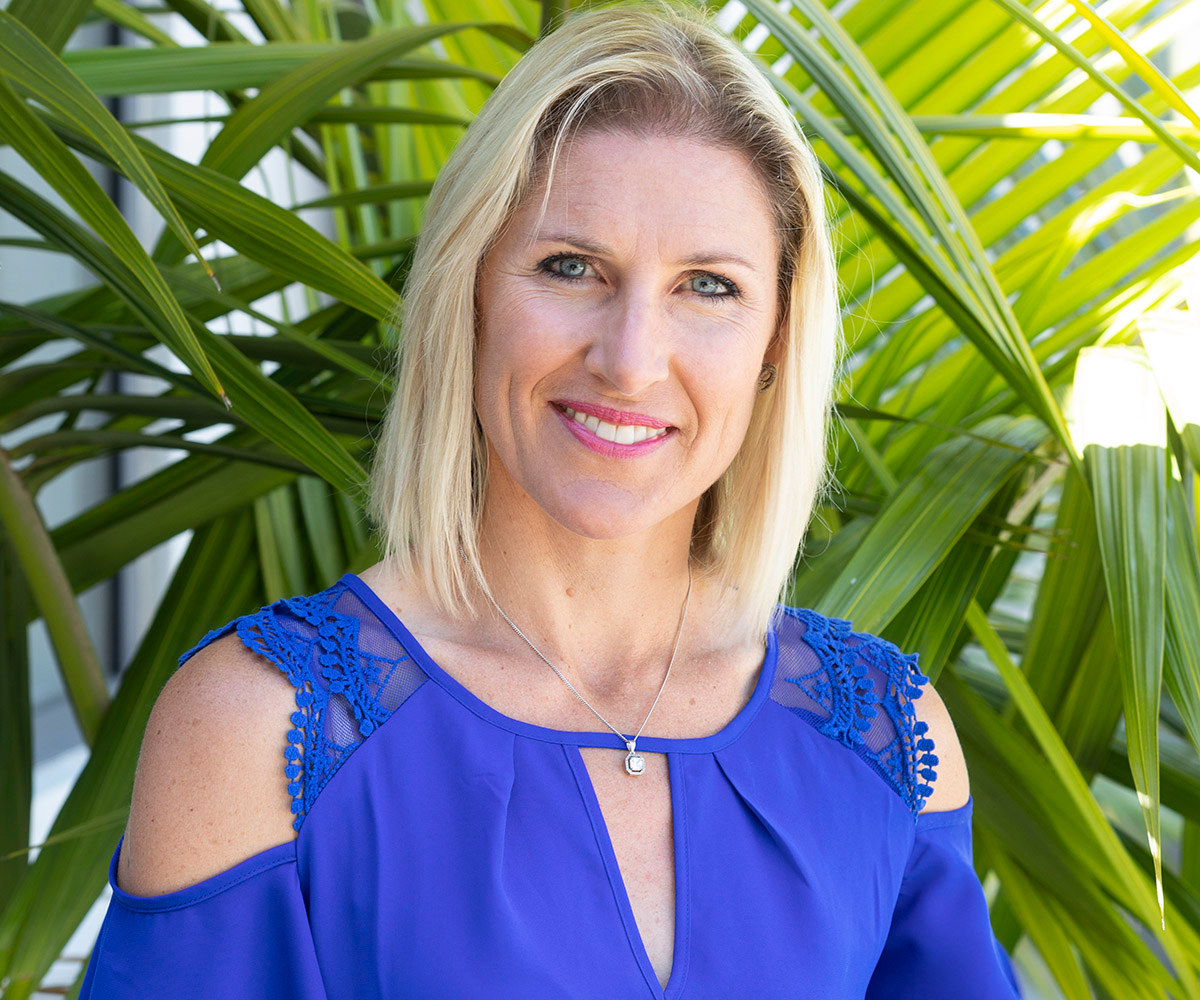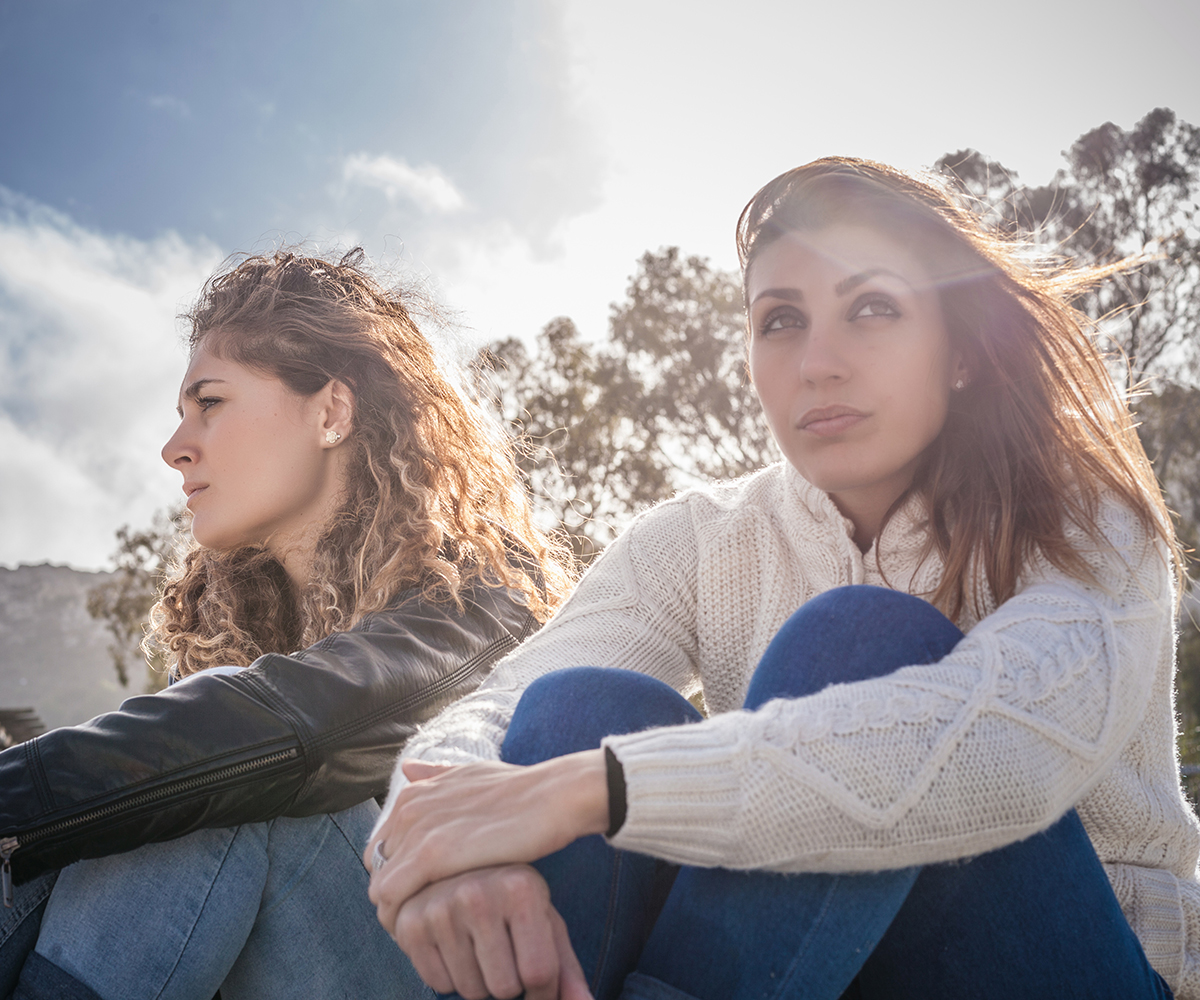One in four Kiwi couples now struggle with fertility. Yet the theme that often comes up when you speak to people in the thick of it is how alone they feel.
I get it; you’re not alone; I see you – are the messages that others who’ve walked this road before feel compelled to tell those still treading it.
But many will not seek support until they’re incredibly low, reports Fertility NZ’s Auckland support group facilitator Karina Wong.
“I understand their reticence. It’s not easy to front up to strangers and talk about something so painful and private. But there’s a desperation that drives them to come in the end,” she says. “By this time they’re so weighed down you can see it in them physically.”
Depression and anxiety are not uncommon in this community of would-be parents. Even those who do fall pregnant will sometimes be on anti-anxiety medication because they’re so fearful of losing the baby.
Relationships are tested, hormones are played havoc with and lives are put on hold as couples base every conceivable decision around test results, ovulation cycles and fertility clinic appointments.
Karina’s role is not for the faint-hearted – but it’s one she feels comfortable in because she’s had her own struggles.
“I get it,” she says simply.
Karina, 39, often meets with people one-one-one beforehand to encourage them along to their first group.
She tells them, “You’re being so brave, you’re being so courageous. Come along and make the effort. You’ll be glad you did.”
When they do, they leave a little lighter.
“Often there’s a bit of crazy laughter because you’ve got to laugh about something [that you may have cried about otherwise],” she shares. “We have lots of chocolate and treats, and it kind of helps shift things. When you see people leaving they’re lighter, and for me that’s really rewarding because even though you can’t change the circumstances for them, you can walk with them on the road.”

Reaching out
Before becoming a facilitator, Karina was a teacher of English as a second language. It hadn’t been the career she would have chosen, she says, but she and her husband, Jeff, were about to start fertility treatment and she wanted something that would fit in around that.
“So I started off with a six-month contract because I was thinking we won’t need that much help and I plan to be pregnant quite soon. I guess there’s that resentment that builds up over time when two years later you’re thinking ‘well I wouldn’t have done this if I thought I was going to be doing this for two years’. I thought I was going to be home with a baby by now.”
Diagnosed with “lazy ovaries” at 20, she pushed her conception worries to the back of her mind when she married Jeff at age 24.
For the first three years of their marriage she went along with the five-year plan to travel and focus on their careers – she was then a meet-and-greet team manager at Auckland Airport. But a nagging voice in her head told her she should at least talk to Jeff about having their fertility tested. And when they did her fears were confirmed: the couple was going to need help to get pregnant.
Karina told no one for a very long time.
“I had this massive sense of failure because I’m a perfectionist and I’m often quite good at things.
“I also naively held on to that dream that it will only be a couple of months, and I’ll still be able to have that lovely announcement: ‘Hey guys – guess what, we’re pregnant.'”
It was only after 15 failed rounds of the fertility drug Clomiphene (also known as Clomid) – and just before she was about to start her first round of IVF – that Karina picked up a brochure about Fertility NZ’s support groups at a fertility clinic and dragged her husband along to their first meeting.
Finding others that understood proved a turning point. The meetings provided a “safe place” where she and Jeff could just ‘be’.

Karina had found it difficult to even talk to her mother about what she was going through because she felt so emotionally fragile. It stung knowing that at the same age she was when she started her fertility treatment – 28 – her mum had had four children.
“And it wasn’t that I was planning on emulating Mum but for her it all happened just like that. Like falling off a log, she often said to me.”
All of Karina’s friends were having babies, including a close friend who hadn’t been sure she’d wanted kids and conceived first try.
“She’d always said she’d never do IVF because ‘it’s obviously not meant to be’ so how could I tell her? How could she understand?”
While the IVF cycle ended up being discontinued because Karina’s body was not responding, she was thankful that one of her doctors suggested converting to IUI (intrauterine insemination) instead. With only a 10 per cent chance of success, it worked, and the couple finally found themselves pregnant with their first son Caleb (who is now eight) after almost three years of trying.
A second son, Ryan (now aged six), followed two years after that, the happy result of IVF.

Karina with sons Caleb (left) and Ryan.
Treading a fine line
They were lucky. Only 18 per cent of fertility treatments result in what’s termed a “live birth” and Karina is acutely aware of the fine line she treads in the support role she plays.
At her first meeting as a facilitator she was apprehensive about revealing she was a mother.
“I was very quiet and sat back. Then someone asked me, ‘what’s your story?’ so I told them ‘I’ve had success, I’ve had two boys’. I quickly steered it back, though, to ‘I understand how hard it is’ and how grateful I am.
Three women approached Karina afterwards and told her they were so glad she’d shared that because they’d been starting to wonder ‘if it was worth it’.
“It helped me realise there was a place for my story as long as I told it in the right way.”
Karina has facilitated the Auckland groups for three and a half years. It’s a voluntary role but one that’s taken on a life of its own. She often works more than 20 hours a week and the types of groups she oversees are continually evolving.
As well as the “casual” coffee group that meets once a month on a Wednesday, there’s the “formal” group that’s run three times a year. That’s a three-week course comprised of weekly sessions with two facilitators who give couples tools and strategies to cope. At the end the couples swap numbers so they can continue seeing one another if they choose.
An ‘intending single mothers’ group has been launched for women who want to become parents, but don’t have a partner.
“Often these women don’t have fertility issues but they need fertility assistance, so the emotional needs are different,” Karina explains.
There is a ‘pregnant after fertility’ group for mothers-to-be who have gone through fertility struggles. Their pregnancies are often shrouded in anxiety and they need ongoing support, but their growing bellies can become too much to bear for the group they were a part of.
There is also a secondary infertility group for couples who’ve had one child and are struggling to have more.
“The secondary infertility group can feel the most misunderstood,” she explains. “Because everyone says, and sometimes it’s even the husbands who say, ‘oh well, at least we’ve got one’. They feel guilty for wanting more but it’s grieving the loss of a dream and how do you explain that?”
The influx of men
The most marked change in the groups has been a surge in men who’ve started attending, Karina says.
“It used to be that men would run a mile when you talk about feelings and sperm and eggs and periods and emotional stuff, however that’s changed this year significantly. The guys are quite involved and they hold their own.”
New statistics show that male factor infertility is as common as female factor infertility, with a 30 per cent split each way. In a further 20 per cent of cases it’s unexplained and the remaining 20 per cent, it’s both partners.
Karina works closely with former My Kitchen Rules NZ contestant Aaron Gascoigne, who has spoken publicly about his fertility issues, to reach out to men. Their message is, “There’s nothing wrong with you because you have male factor infertility. You’re not less of a man. It’s just a medical condition you need help with and it’s okay to talk about it.”
In May they ran a May For Men group which attracted 30 people.
“That’s big for fertility and since then we’ve consistently had men attend,” Karina beams.

Caleb and Ryan
Speaking up for those affected by infertility
As well as play a support role Karina advocates for the consumer through her position on the Executive Committee of Fertility NZ. This has meant she’s been able to give New Zealanders a voice at symposiums about ethics and law-making in reproductive technology.
“You want to be a part of these bigger level conversations to bring change for good, or speak up on people’s behalf,” Karina says.
Earlier this year she spoke to a group of medical school graduates at the University of Auckland. The story she chose to share with them was about a doctor who had told her the IVF round she was on would be the last they’d be prepared to give her because she “wasn’t worth investing any more tax payer’s money in”.
“I told them ‘please don’t say this to anyone’ and afterwards one of the graduates approached me in tears and promised she’d never say anything like that.”
That last IVF cycle just mentioned – the doctors had been about to discontinue that too, Karina adds.
“But once again, there was just one doctor who spent a little bit more time than the others looking at the notes. She said ‘she’s got this far – let’s just carry on with the egg collection, even if we don’t get that many’.
“As it turned out they got 21 eggs, which is huge. I could hear them running off for more petri dishes.”
Of the 21 eggs, 19 fertilised and in the end only one survived. He is now their six-year-old son, Ryan – “and the funny thing is he is such a fighter of a boy,” she laughs.
Karina tells women to advocate for themselves – and she tells the med school graduates to encourage their patients to do this too.
“The doctors do their best but we’re all so individual so I really encourage women to get to know their own body and their own cycle. Write your own records, ask questions. When the nurses ring and say you’ve responded well, say ‘well what does that mean? You start to see the patterns because you’re so invested, and sometimes the doctors don’t always see what you do. Fight for yourself. Speak up.”
The truth about hope
Karina talks a lot about hope.
She understands that people have emotional limits and that sometimes lines need to be drawn in the sand. Where one partner is ready to stop trying for a baby before the other, she always advises them to seek professional help from a therapist.
But she does encourage people to get up again for a new day.
“During our journey I told myself so many things to try and protect my heart – like, ‘oh well we don’t really want kids anyway, we’re just going to have a fabulous life and eat out at all the expensive restaurants and go on holidays and make all our friends jealous’.
“I remember one specific cycle just feeling like I couldn’t keep going and I said to myself ‘I’m not going to hope at all this time – I’m just going to be utterly whatever about it all’.
“But I realised you can’t be human and not hope. You’ve got to allow yourself to hope, even if it means you’re going to crash. You’ve got to allow yourself to do that because that’s who we are as humans. Any other way and you just become a robot.”
If there’s one final message Karina would like to impart, it would be that you don’t have to do this on your own.
“One of these days it might be your day. So have courage, get up again tomorrow and we will walk through this together.”
Fertility NZ offers support for people dealing with infertility. For further information visit fertilitynz.org.nz


.jpg)